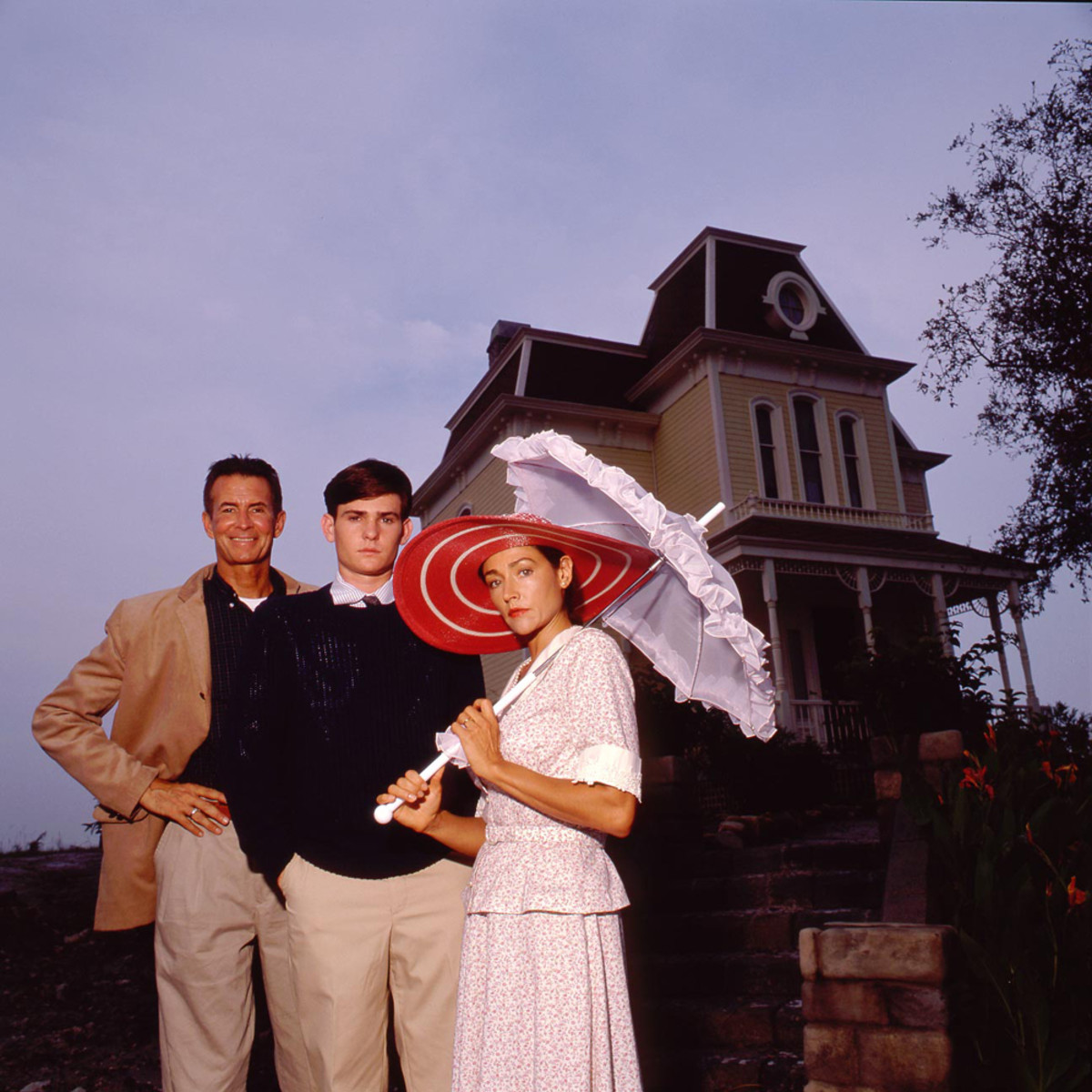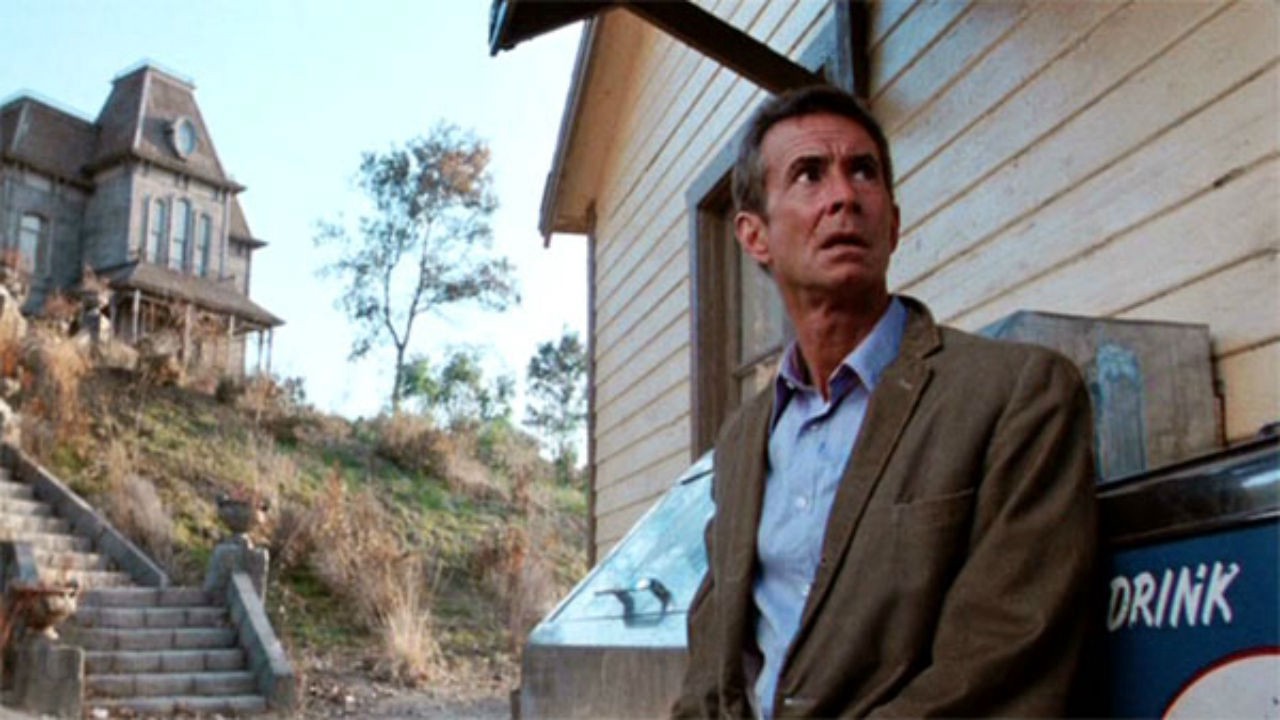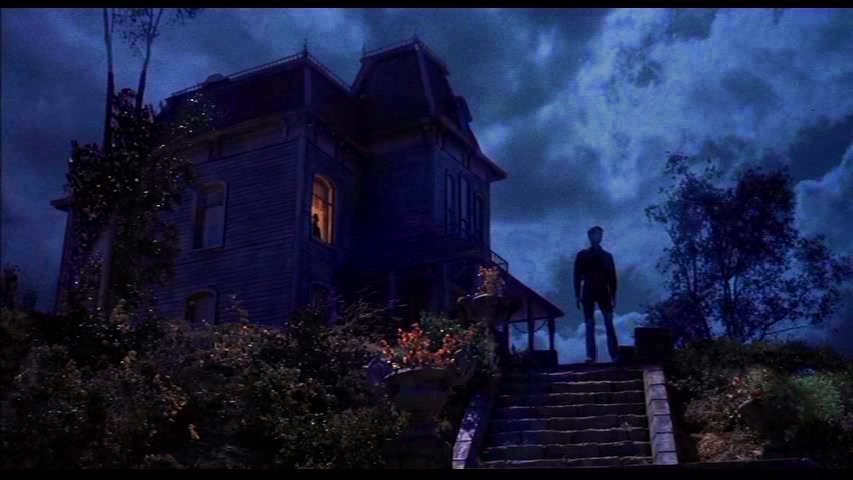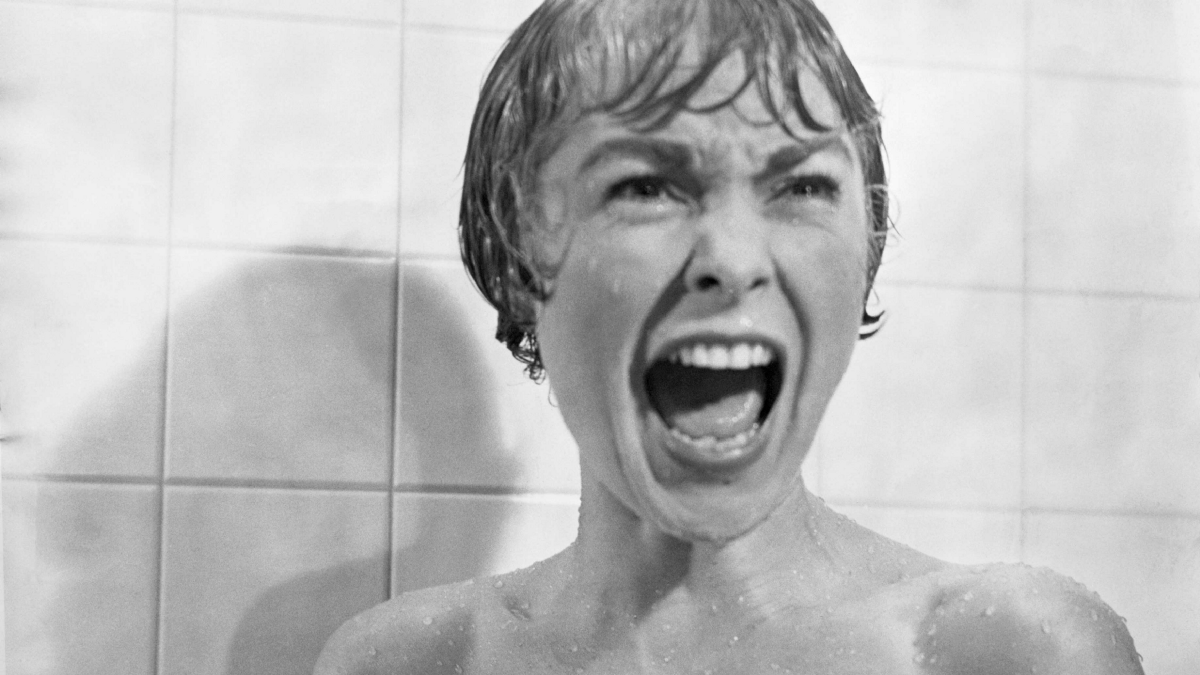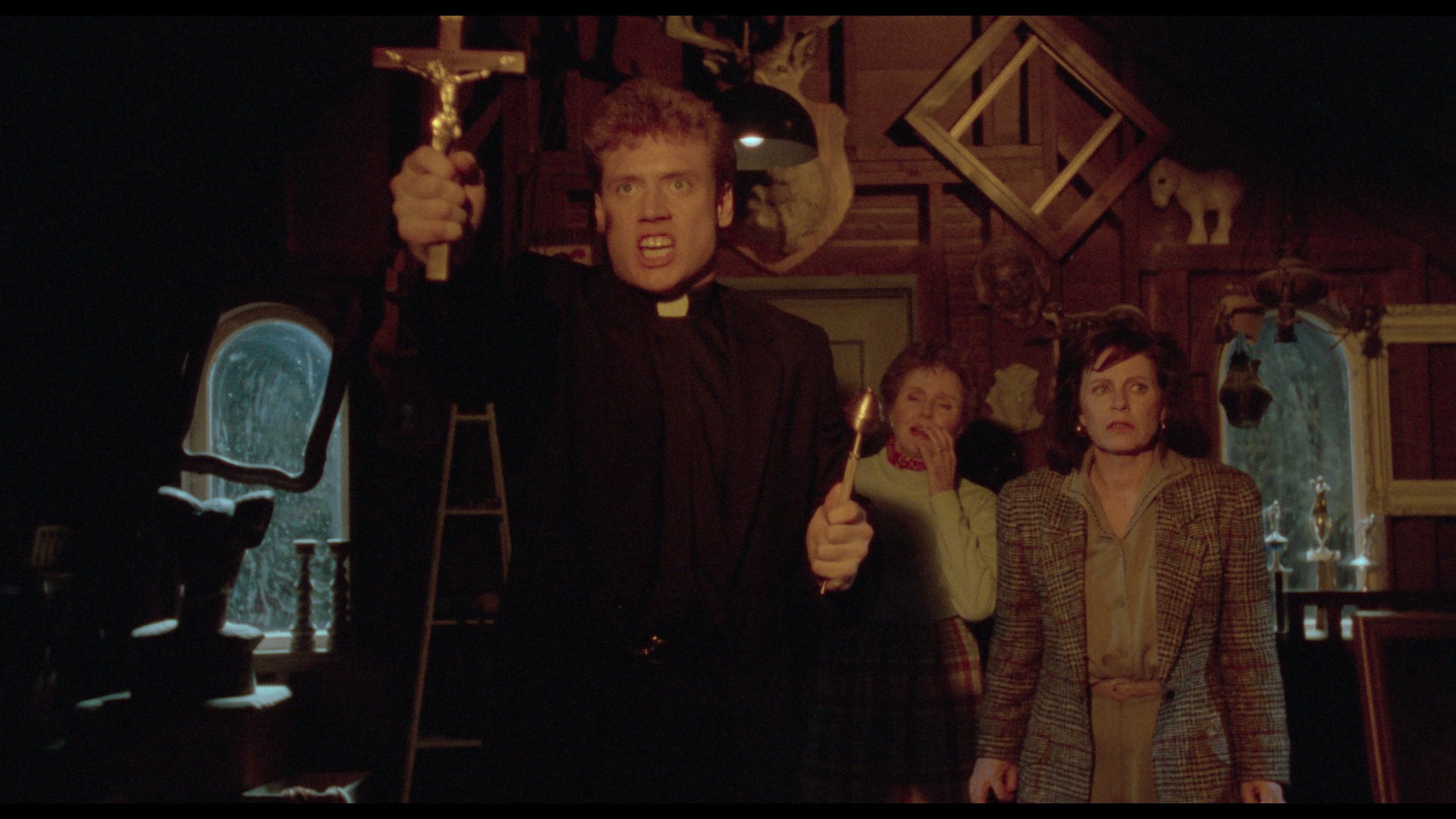Psycho IV: The Beginning (1990) | Mick Garris
Podcast: Play in new window | Download
Subscribe: Spotify | Amazon Music | Pandora | iHeartRadio | Podchaser | Podcast Index | Email | TuneIn | Deezer | Anghami | Youtube Music | RSS | More
Psycho IV: The Beginning is the fourth and final film in Universal’s Psycho franchise, and the last to portray Anthony Perkins in his most famous of roles. It’s the first of the series not to be released theatrically, debuting on the premium cable channel Showtime in 1990. This film is a sequel in theory, as it does take […]
